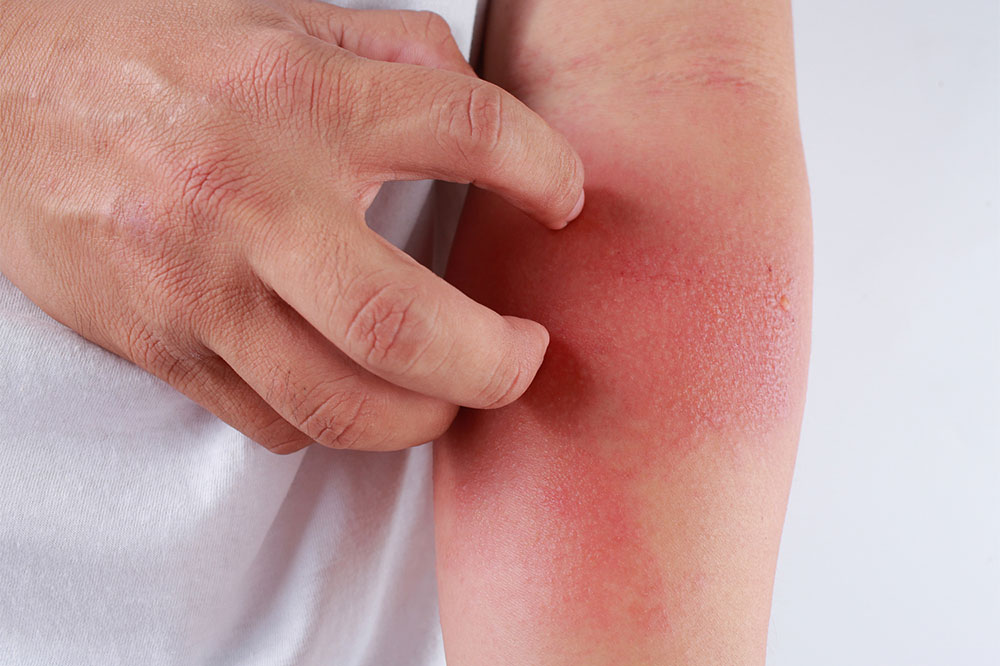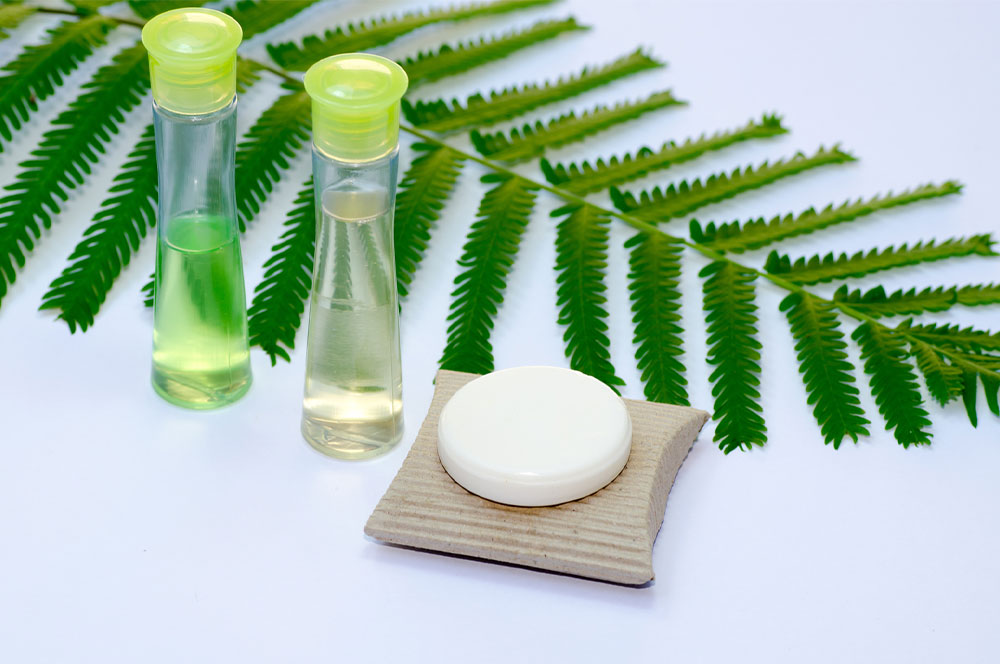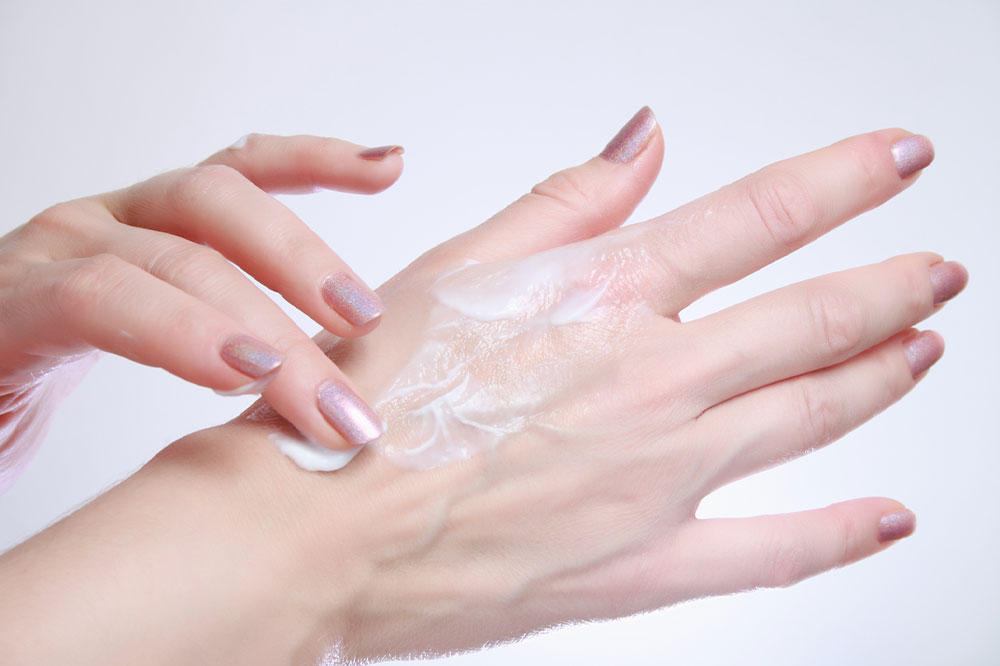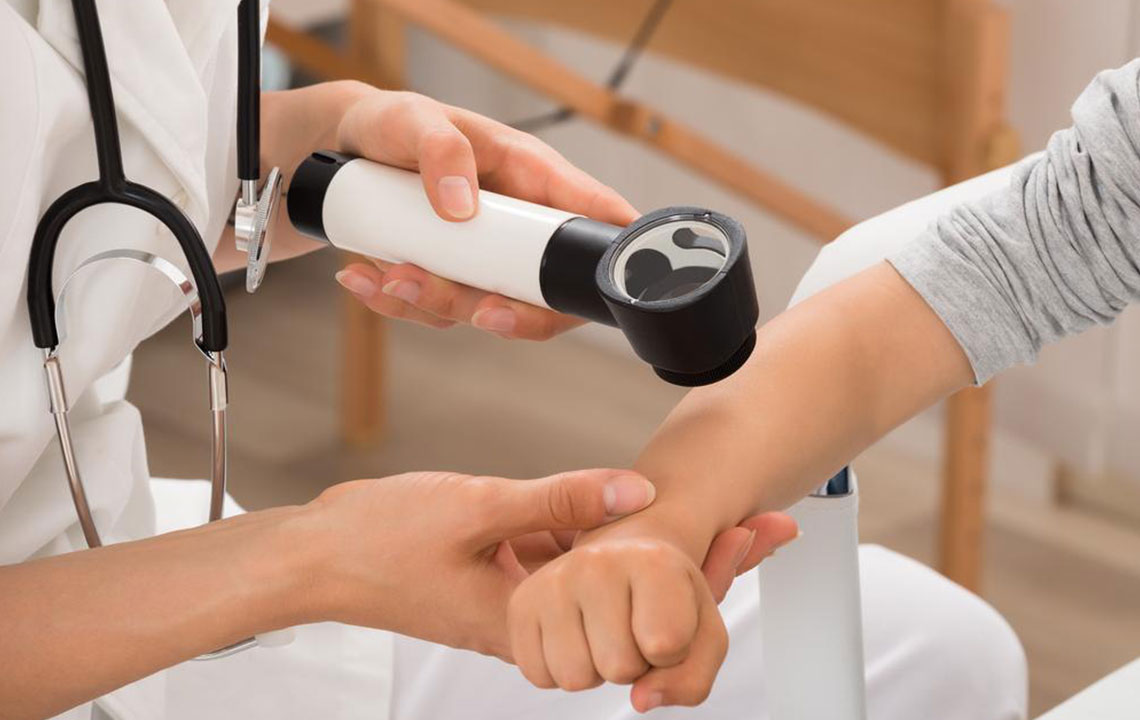Avoiding Harmful Soaps to Manage Eczema
This article explains the impact of different soaps on eczema and offers guidance on choosing skin-friendly options. It highlights the dangers of harsh, alkaline, and fragranced soaps that can worsen eczema symptoms. Additionally, the piece discusses medical treatments like Dupixent, EUCRISA, and Rinvoq for managing persistent eczema flare-ups, emphasizing the importance of proper soap selection and professional intervention for effective eczema control.
Sponsored

Choosing the Right Soaps for Eczema Sufferers
Eczema encompasses a range of skin conditions characterized by redness, itching, and inflammation. When the skin's protective barrier is compromised, it becomes more vulnerable to irritants and infections. The type of soap used can significantly impact eczema symptoms. Selecting gentle, skin-friendly soaps is crucial for managing this condition effectively.
Impact of Soap on Eczema
While soaps are essential for cleansing, using harsh varieties can strip natural oils, leading to dryness, irritation, and flare-ups. Many soaps contain ingredients that may aggravate sensitive skin or worsen existing eczema.
Common triggers include certain surfactants and strong cleansers that disrupt the skin’s barrier, causing inflammation and dryness. Hence, choosing mild, pH-balanced, fragrance-free soaps is recommended.
Surfactants and Their Effects
Surfactants, present in many cleaning products, can increase oxidative stress on the skin, leading to redness and discomfort. They may also strip away essential oils, weakening the skin's natural defenses.
Harsh Cleansers to Avoid
Soaps with strong cleaning agents can damage the skin’s protective layer and deplete proteins and natural oils that keep skin moisturized and soft. Avoiding these ingredients helps reduce eczema flare-ups.
Alkaline and Fragrant Soaps
Alkaline soaps can disturb the skin’s natural pH balance, impairing barrier function. Opt for pH-balanced options to maintain healthy skin. Likewise, scented soaps often contain allergenic chemicals that can trigger eczema; reading labels carefully and avoiding dyes, allergens, and deodorants is advisable.
Further Treatment Options
For persistent eczema or flare-ups, medical treatments may be necessary alongside soap selection. Options include:
Dupixent: A biologic therapy targeting inflammation, suitable for moderate-to-severe eczema, with potential side effects like eye issues and dizziness.
EUCRISA: Approved in 2016, this topical ointment is used for mild-to-moderate eczema, with possible burning or allergic reactions.
Rinvoq: An oral medication taken daily, effective for eczema but may cause infections, blood clots, and allergic responses.






